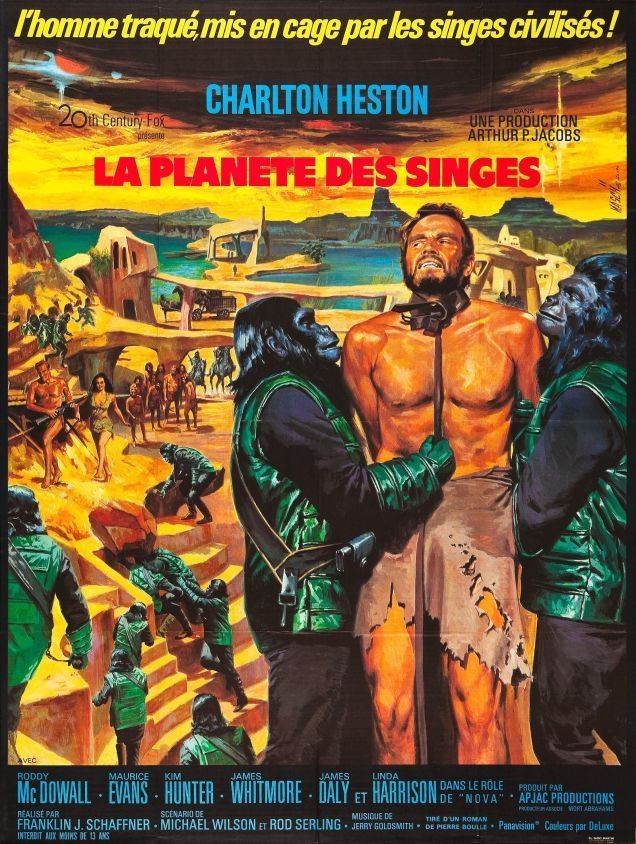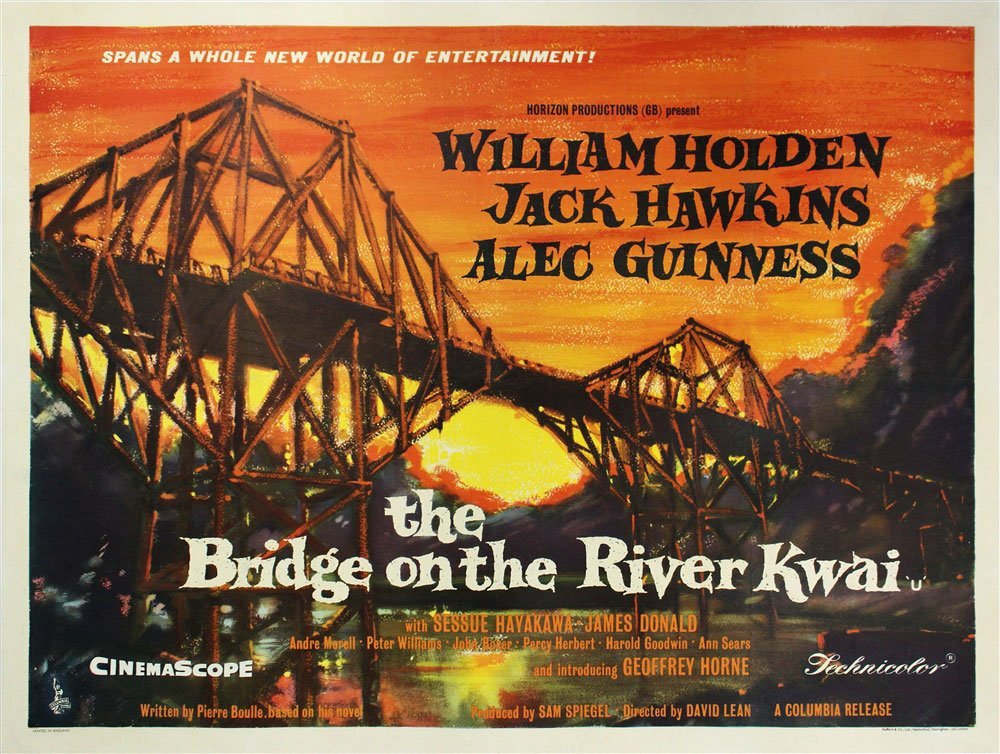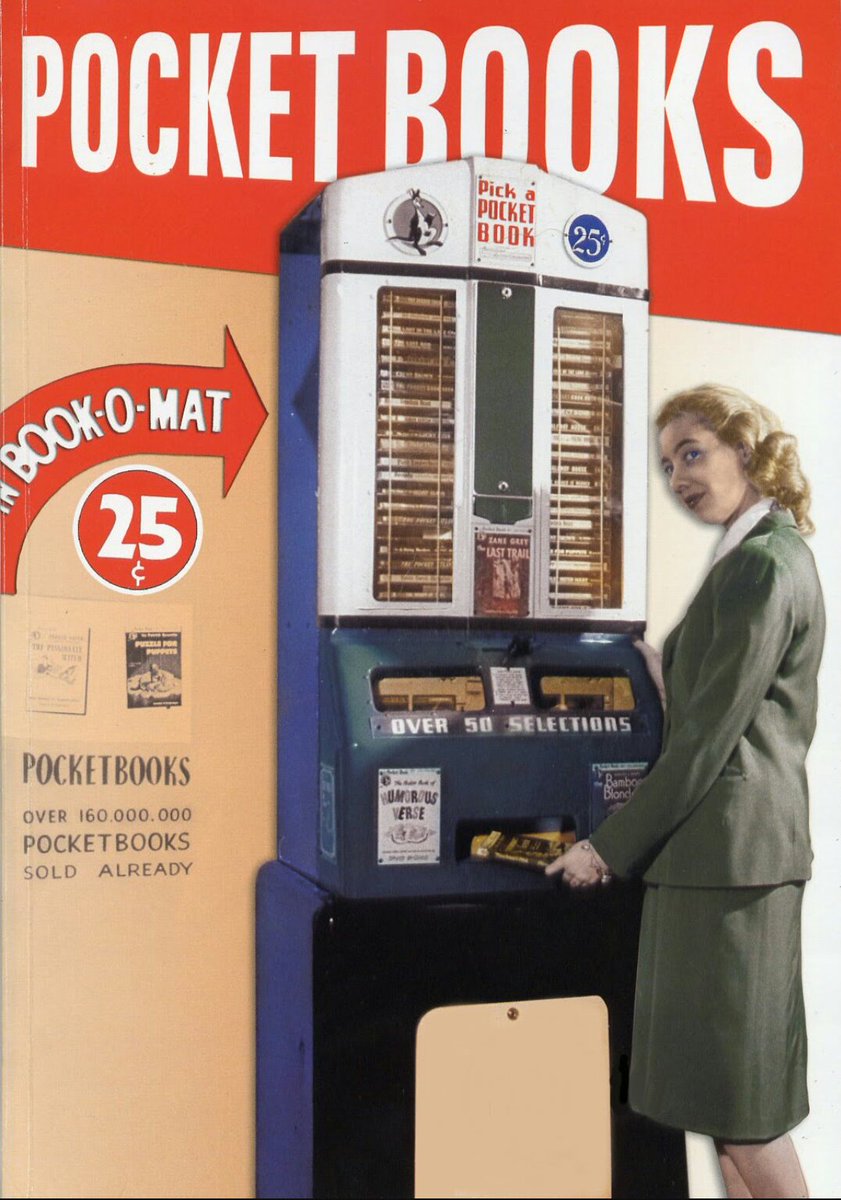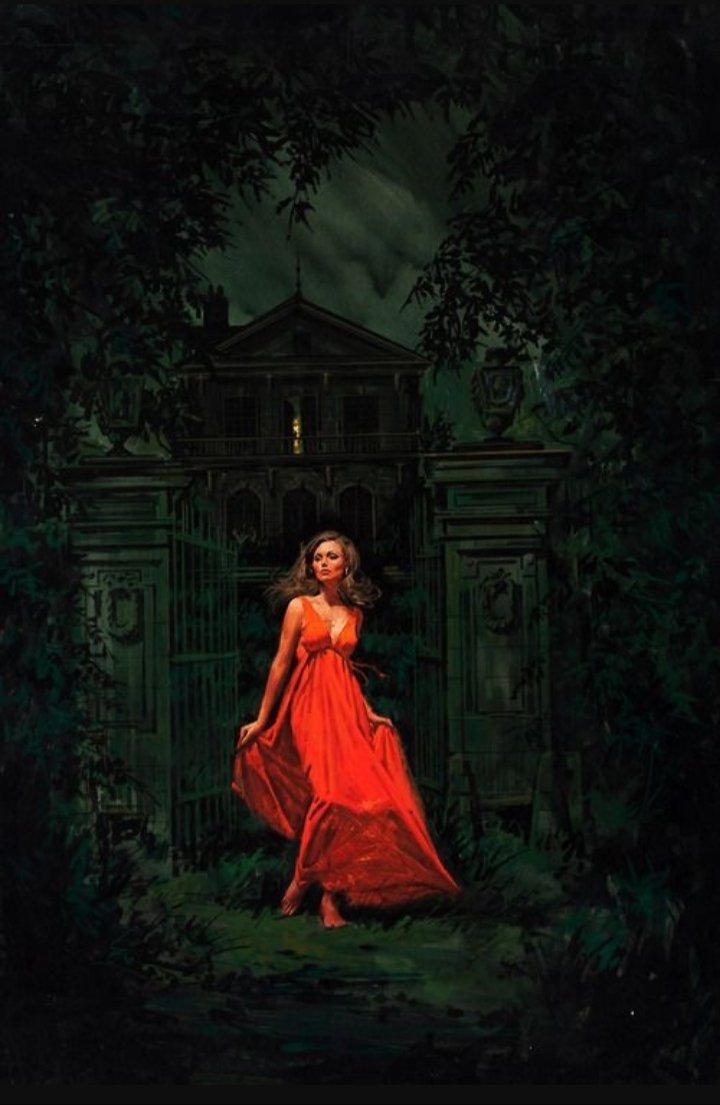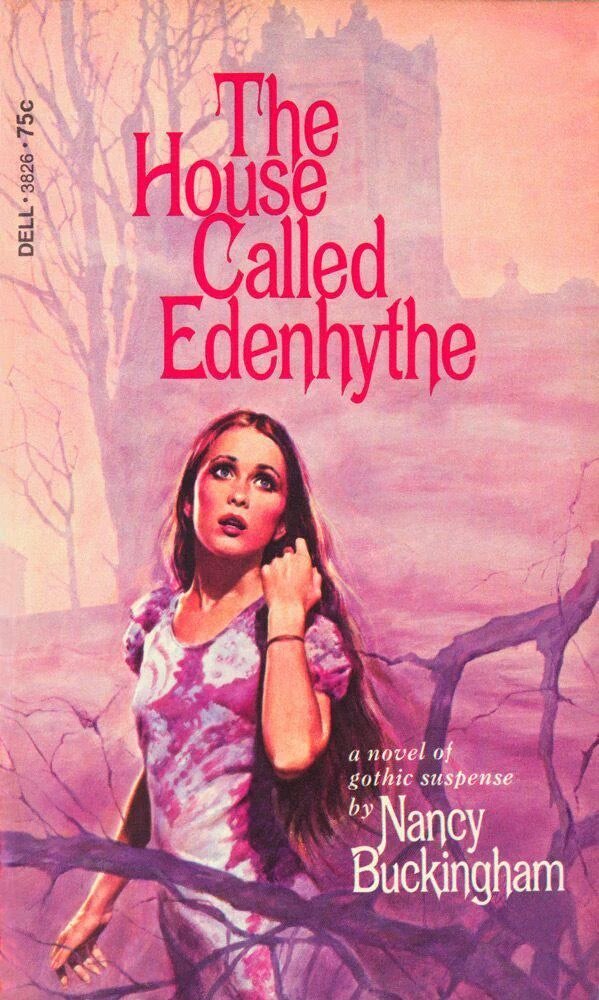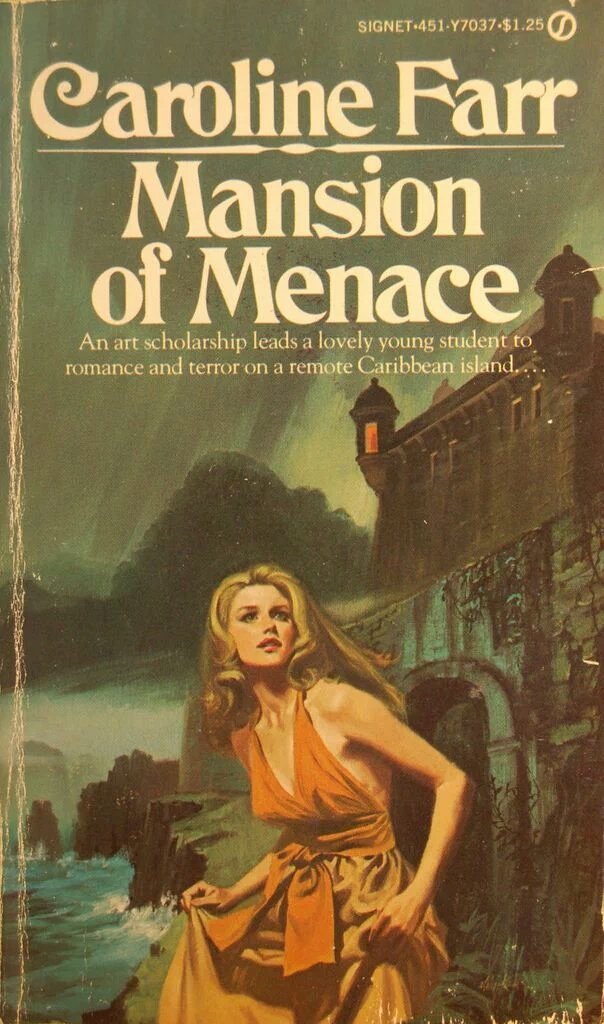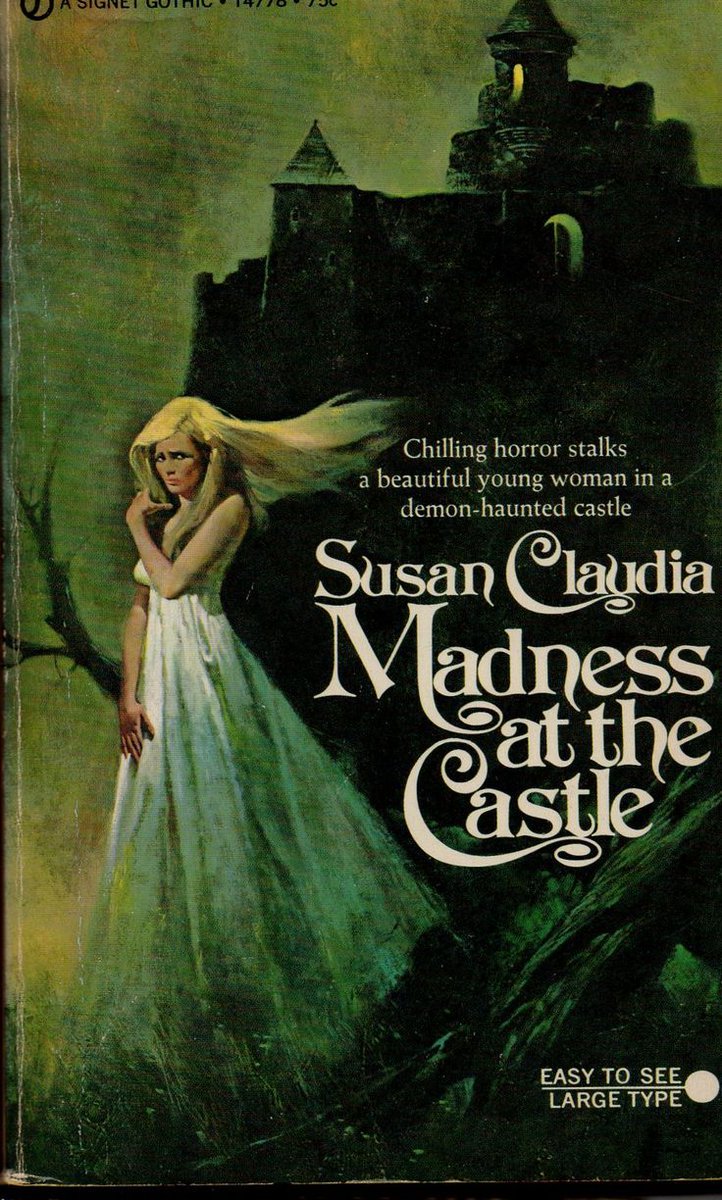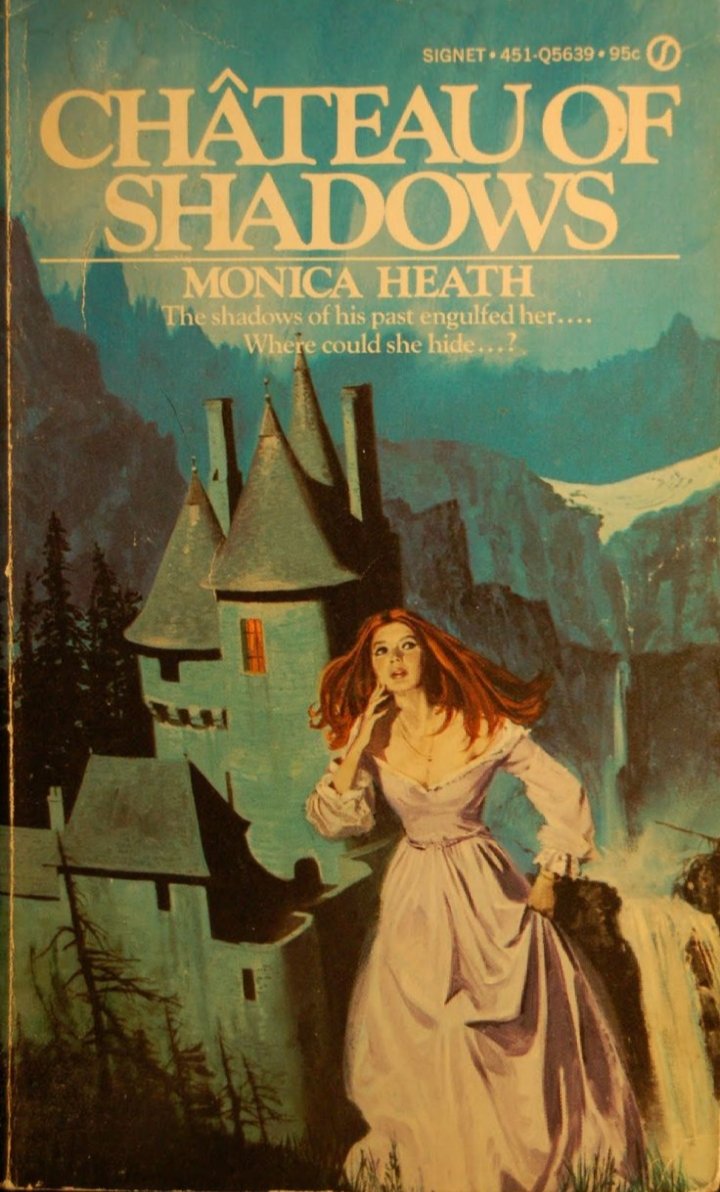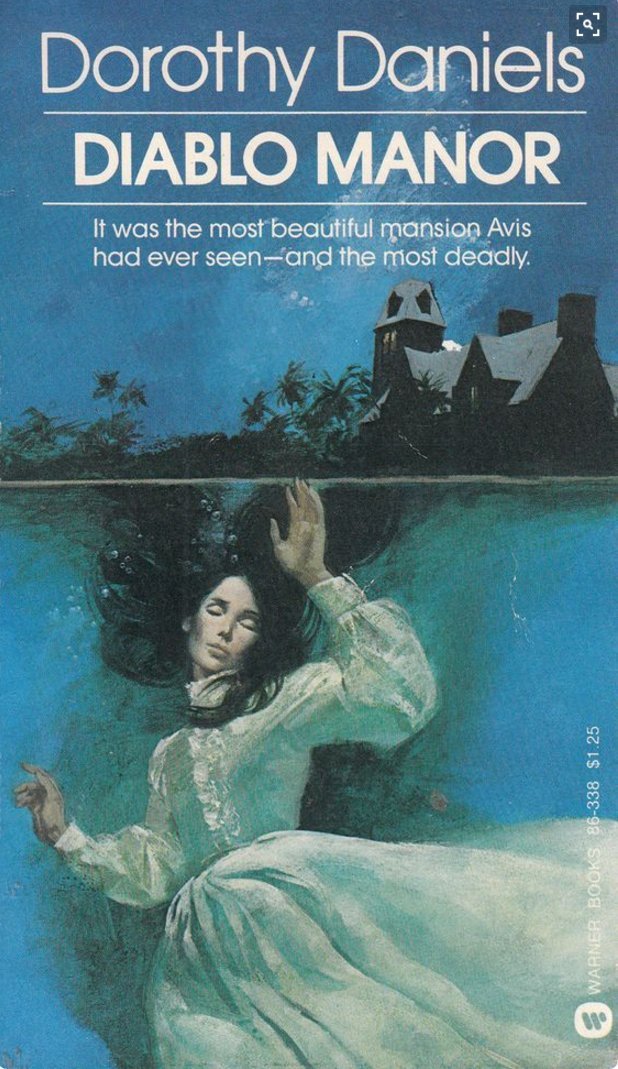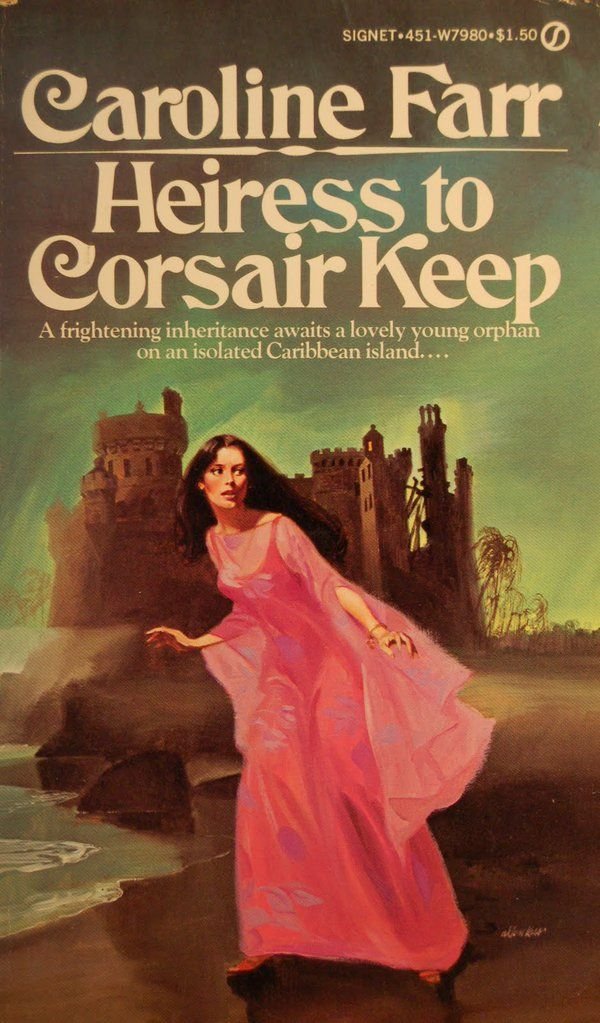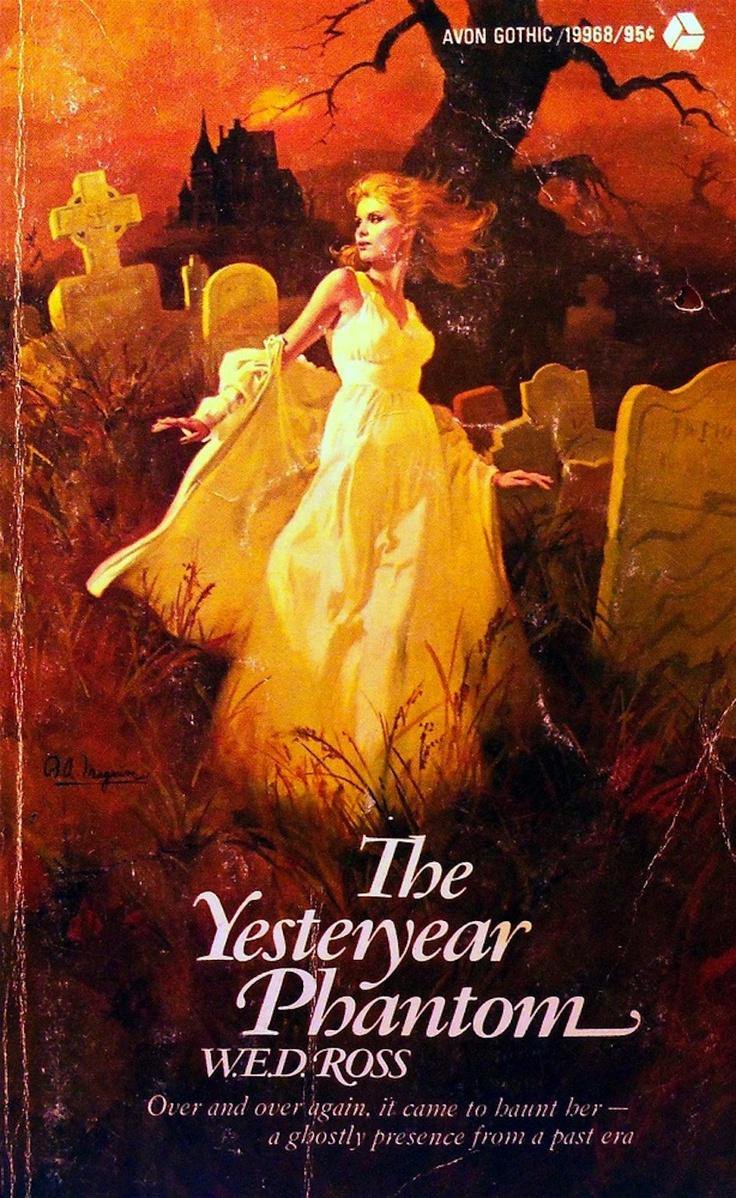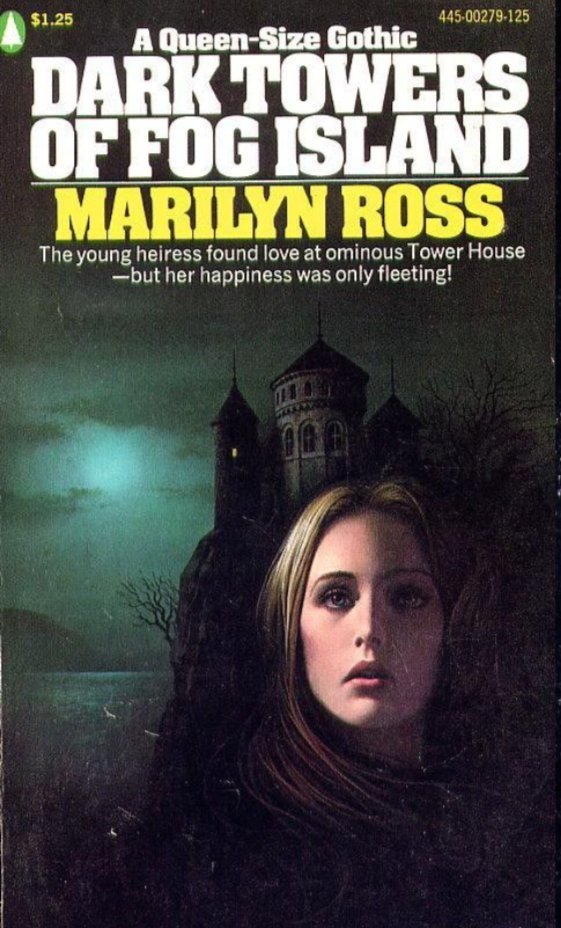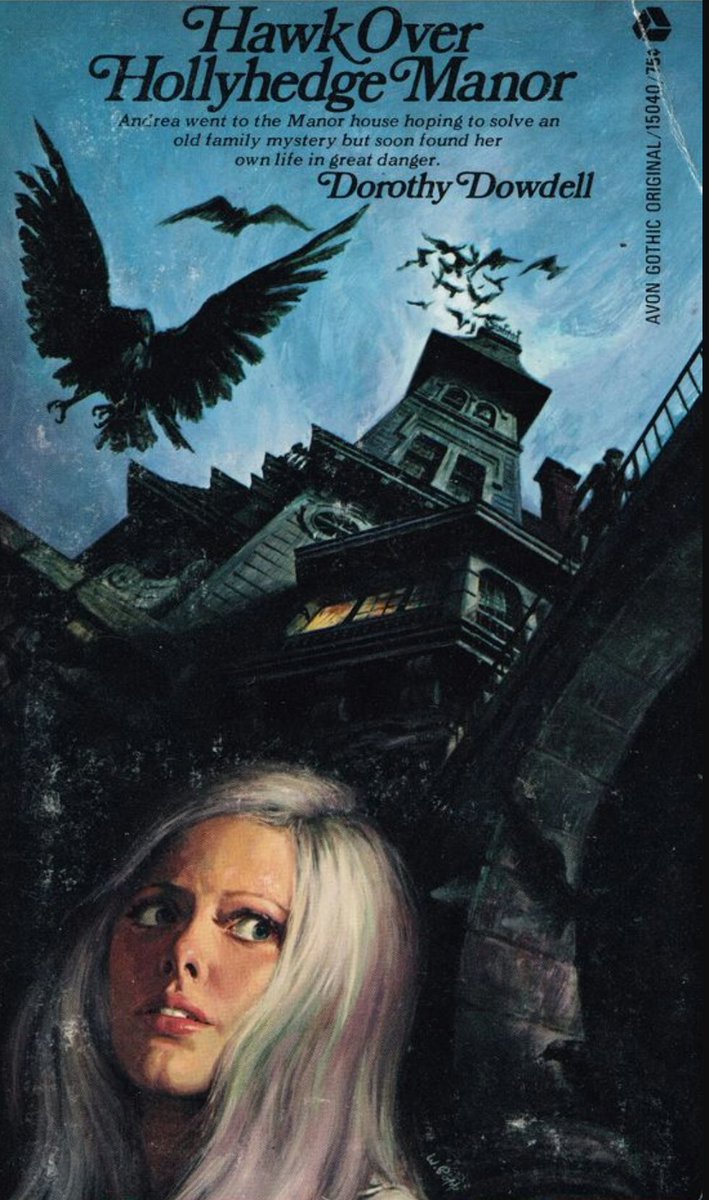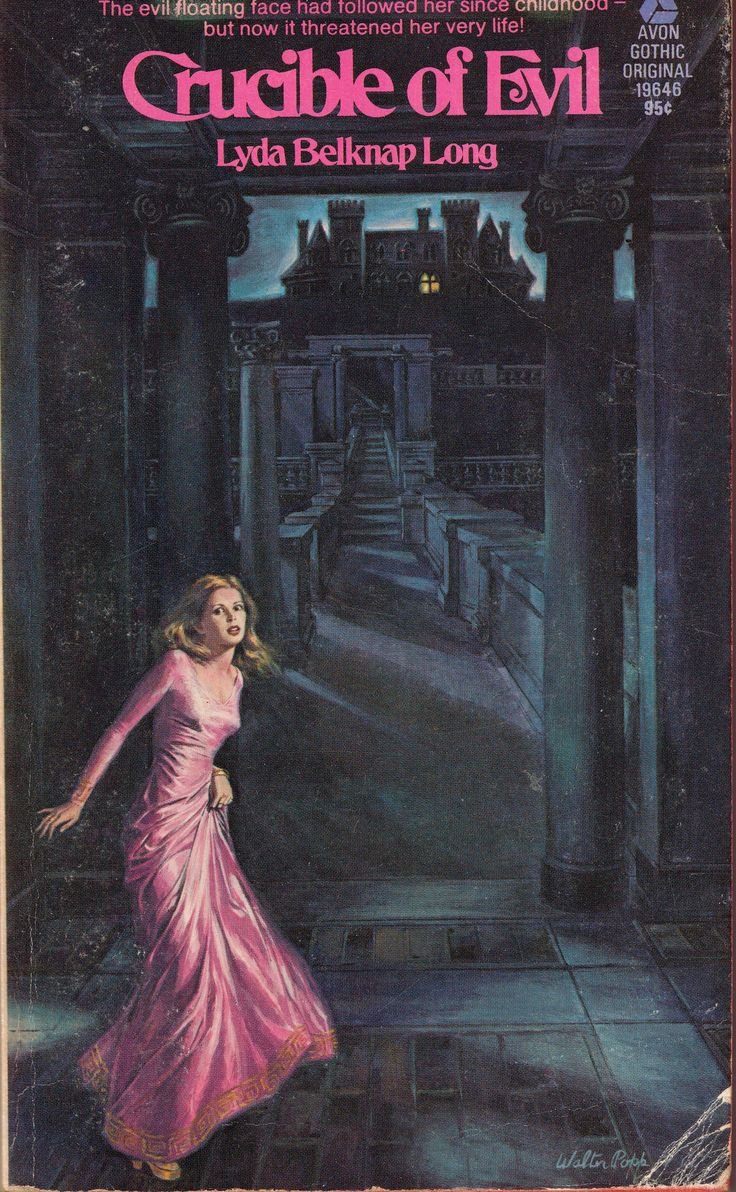
First things first: in 1978 you might never actually see your computer. Many people used dumb terminals linked to a mainframe or minicomputer system somewhere in the office basement. Access was on a timeshare basis, with dozens of users sharing access to the same system. 

If you did have a microcomputer on your desk you were probably an executive. To be honest many CEOs didn't actually know what a computer was or what it did. 

So it was the PA who actually did all the computer work for the C-Suite. They normally had the most expensive systems: the ones with the wood effect cabinets. 

Small businesses were starting to invest in microcomputers in 1978, mostly for stock or cash control. Filing was supposed to be easier on a computer... 

...but tape memory was still the norm for many users. Software controlled the tape speed and direction and if you were lucky you could cram up to 2Mb on a single tape. 

By 1978 the 8 inch floppy disc had been replaced by the 5.25 inch minifloppy, holding about 160kb of data. Most disc drives only read one side of a disc, so to save money on storage you cut another write-enable hole in the floppy and flipped it over. That made it a 'flippy.' 



But chances are if you bought a disc drive in 1978 you'd have to assemble it yourself. Computers in kit format were common and many home users needed to know their way around a circuit board, as well as being handy with a soldering iron. 
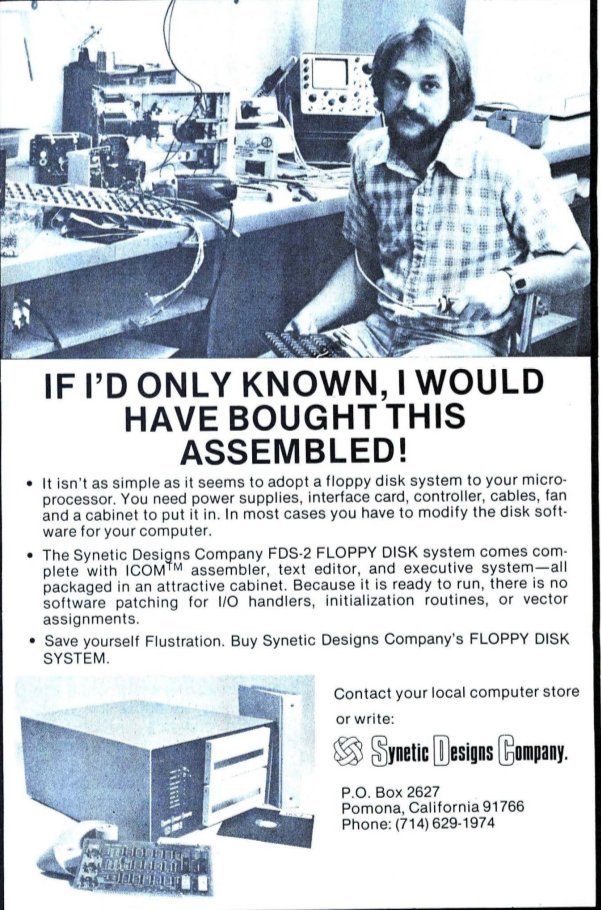
As vendors assumed (wrongly) that their core market was middle aged men, computer advertising in 1978 was none too subtle... 



However you still needed hooking up with 'your man' if you wanted your new microsystems to actually work. He could also sort you out for some Advanced D&D action if you needed it. 

But back in 1978 computer vendors were friendly people and actually knew what they were talking about. Trying to get them to stop talking about it could be a problem however. 

1978 software came on many different types of media, including flexi-disc. However listen to this kind of software is a bit like listening to the music of Karlheinz Stockhausen - he once composed an opera for helicopter and cello you know! 

Other data input methods were available, such as optical card readers - many exam boards still use them to this day. 

Computer shows in 1978 were serious things, aimed at the polyester-clad business executive who wanted to make it into the Big Time. Whether a TRS-80 could make that happen is a moot point. 



But strangely we were still struggling in 1978 to understand how a computer could be useful in the home. 'Turning off the gas in the event of an earthquake' is about all we could think of. 
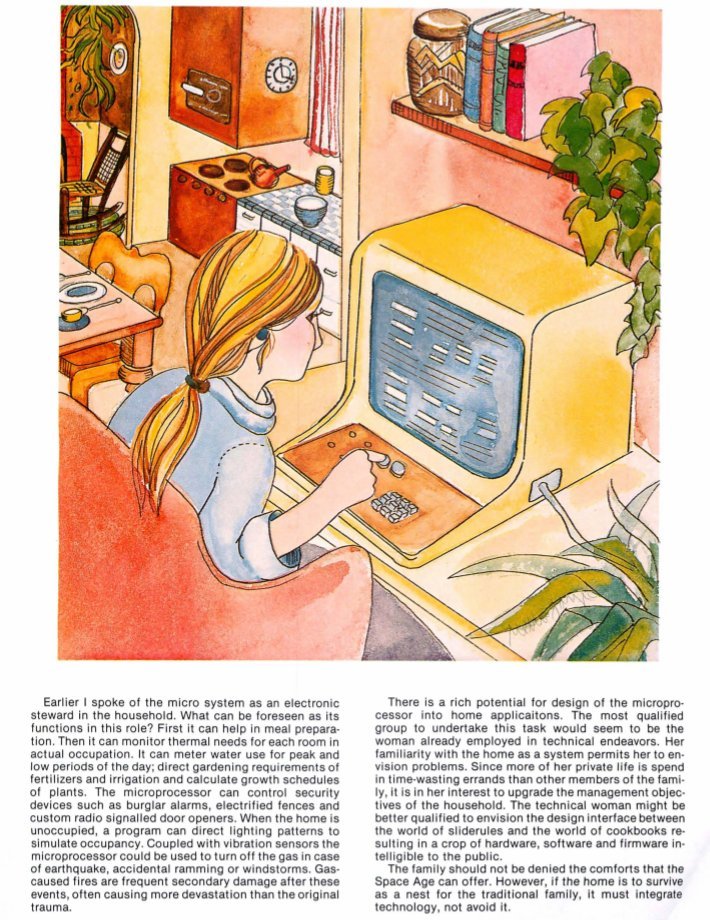
For most people the computer in 1978 was still a solution in search of a problem. We knew the future was 8-bit, we just weren't always clear what those bits would do. 

But hey, we knew computers were the future back in '78. Just like disco, Betamax and Adidas tracksuits - the New Age was going to be awesome! 

So if you think Digital Natives are all Generation Z hipsters them think again. Plenty of us older folk knew our way round a motherboard in the Seventies, and we've got the soldering scars to prove it!
Let's party like it's 1978...
Let's party like it's 1978...

• • •
Missing some Tweet in this thread? You can try to
force a refresh





